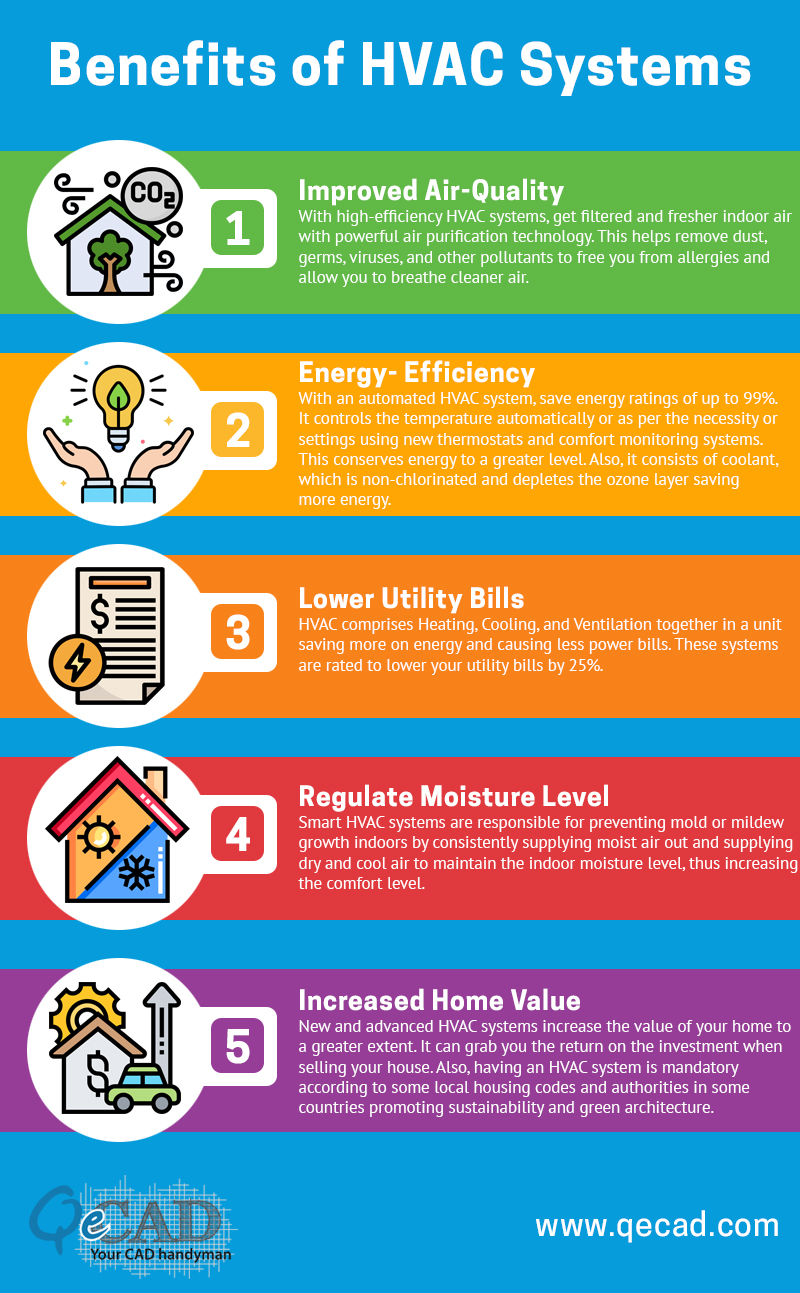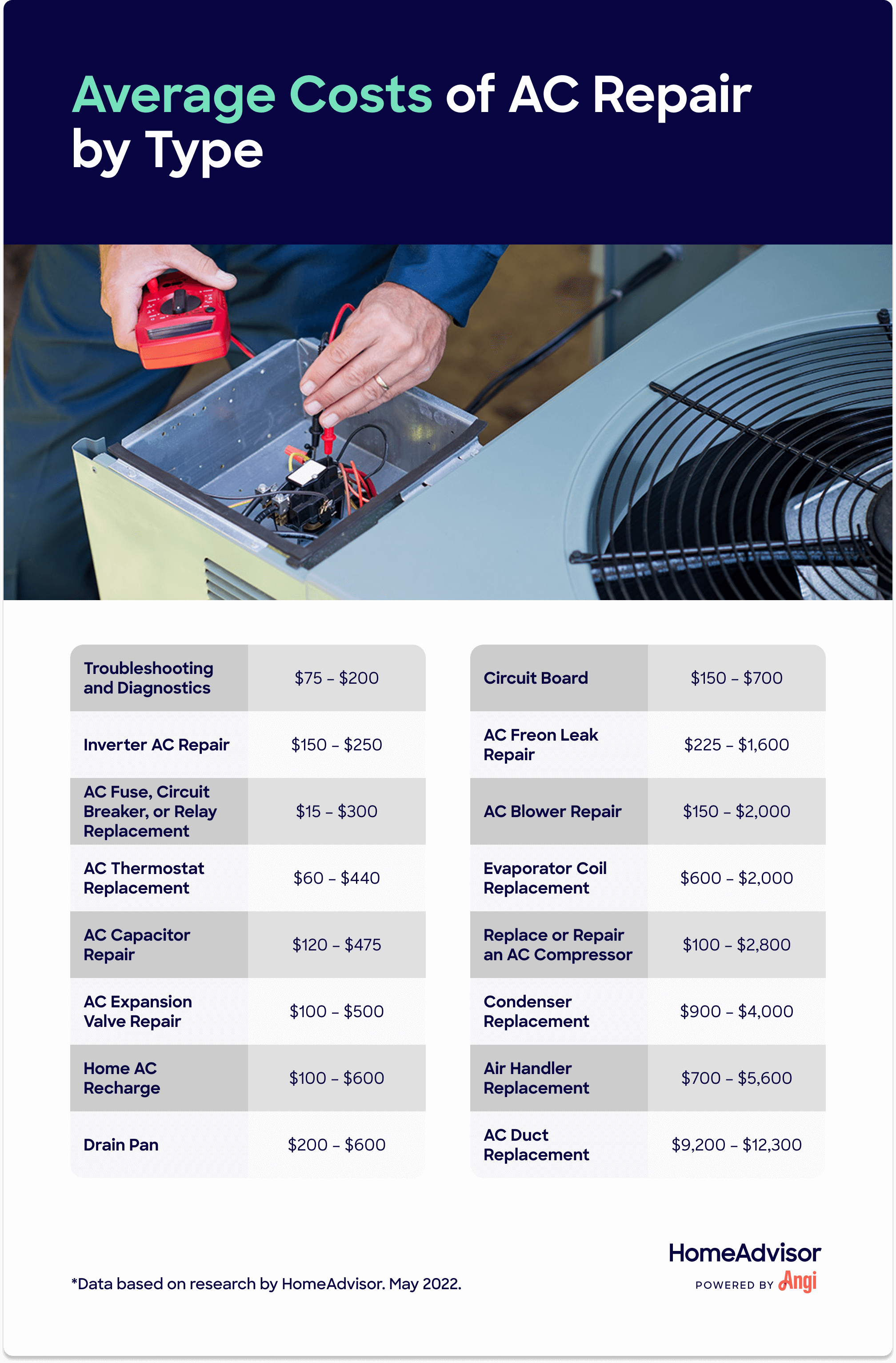
HVAC System Health Benefits
Improved Air Quality One of the primary functions of an HVAC system is to circulate and filter the air within a building. Airborne pollutants such as dust, pollen, mold spores, and volatile organic compounds (VOCs) can accumulate over time, leading to poor indoor air quality. A high-efficiency HVAC system equipped with advanced filtration can significantly reduce the concentration of these pollutants, creating a cleaner and healthier living or working environment. Reducing Allergens Allergens like pollen, pet dander,
read more →
HVAC System Repair Costs
Factors Affecting HVAC Repair Costs Several factors can influence the cost of HVAC repairs. These include the type of system, the extent of the damage, the age of the unit, and the location of your home. Here’s a closer look at each factor: Type of System Different HVAC systems have varying repair costs. For example, a simple window air conditioner will generally be less expensive to repair than a central air conditioning system. The complexity of the
read more →
HVAC Troubleshooting
Common HVAC Issues and Their Symptoms 1. System Not Turning On One of the most common issues is when your HVAC system doesn’t turn on at all. This can be caused by a few things: - Power Supply: Ensure that the power to your HVAC system is on. Check the circuit breaker or fuse box to see if the circuit has tripped. - Thermostat Settings: Verify that your thermostat is set correctly and that it is powered. Some thermostats may
read more →
HVAC System Design
Understanding HVAC System Basics An HVAC system is designed to control the temperature, humidity, and air quality within a building. It consists of several components, including: Key Components of an HVAC System Heat Pumps : Transfer heat from one place to another, providing both heating and cooling. Cooling Systems Evaporative Coolers : Use water evaporation to cool the air, suitable for dry climates. Ventilation Systems Ductwork : Distributes heated or cooled air to
read more →